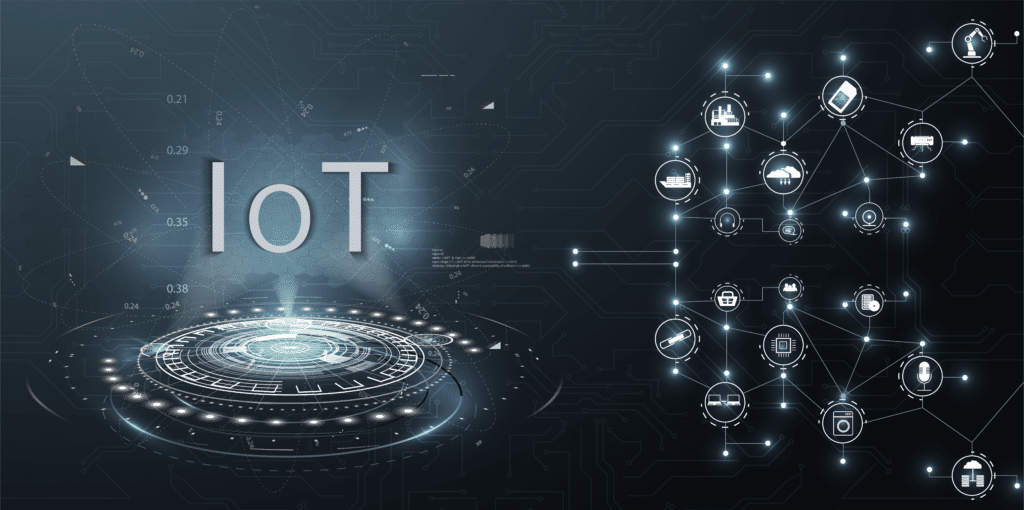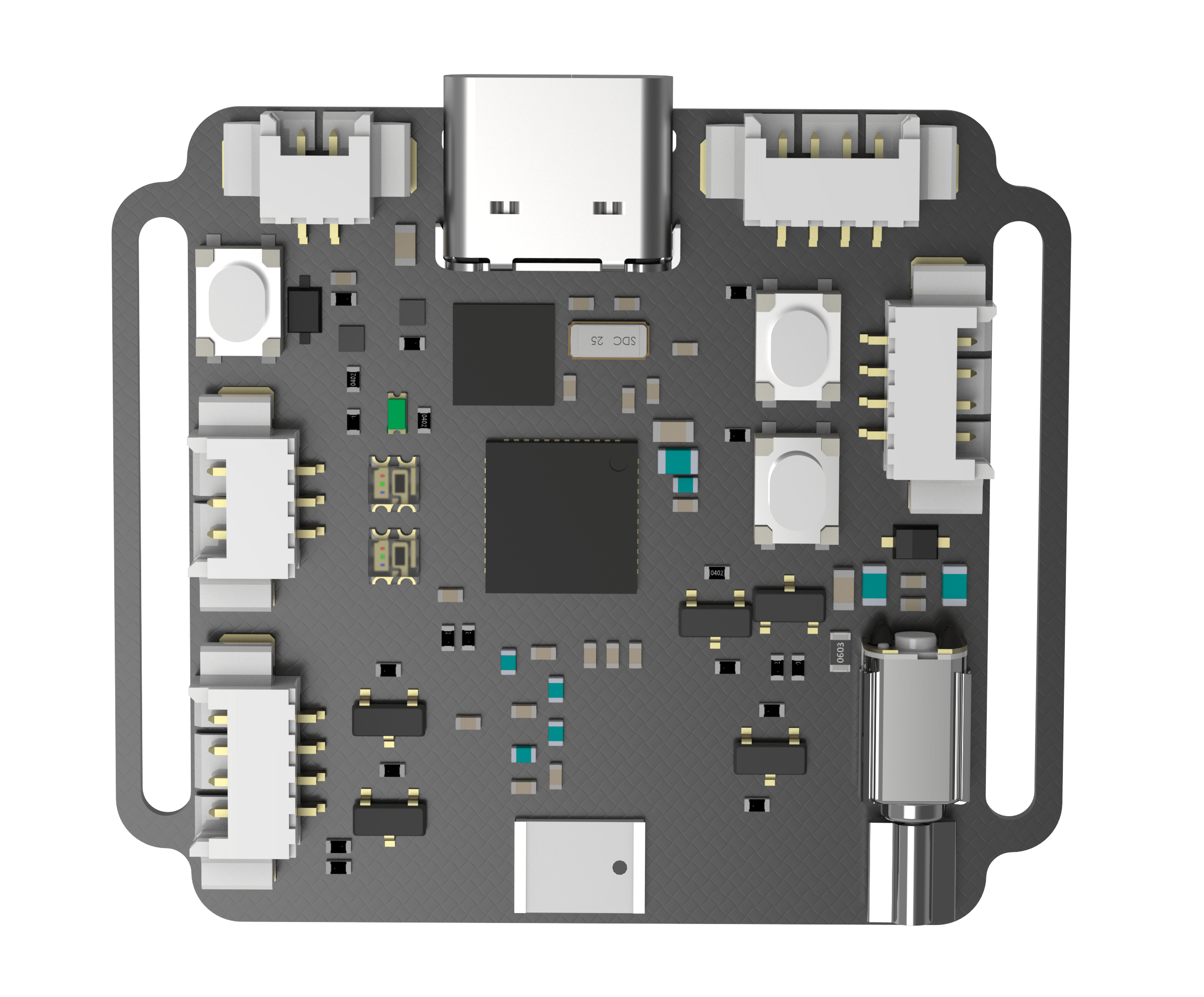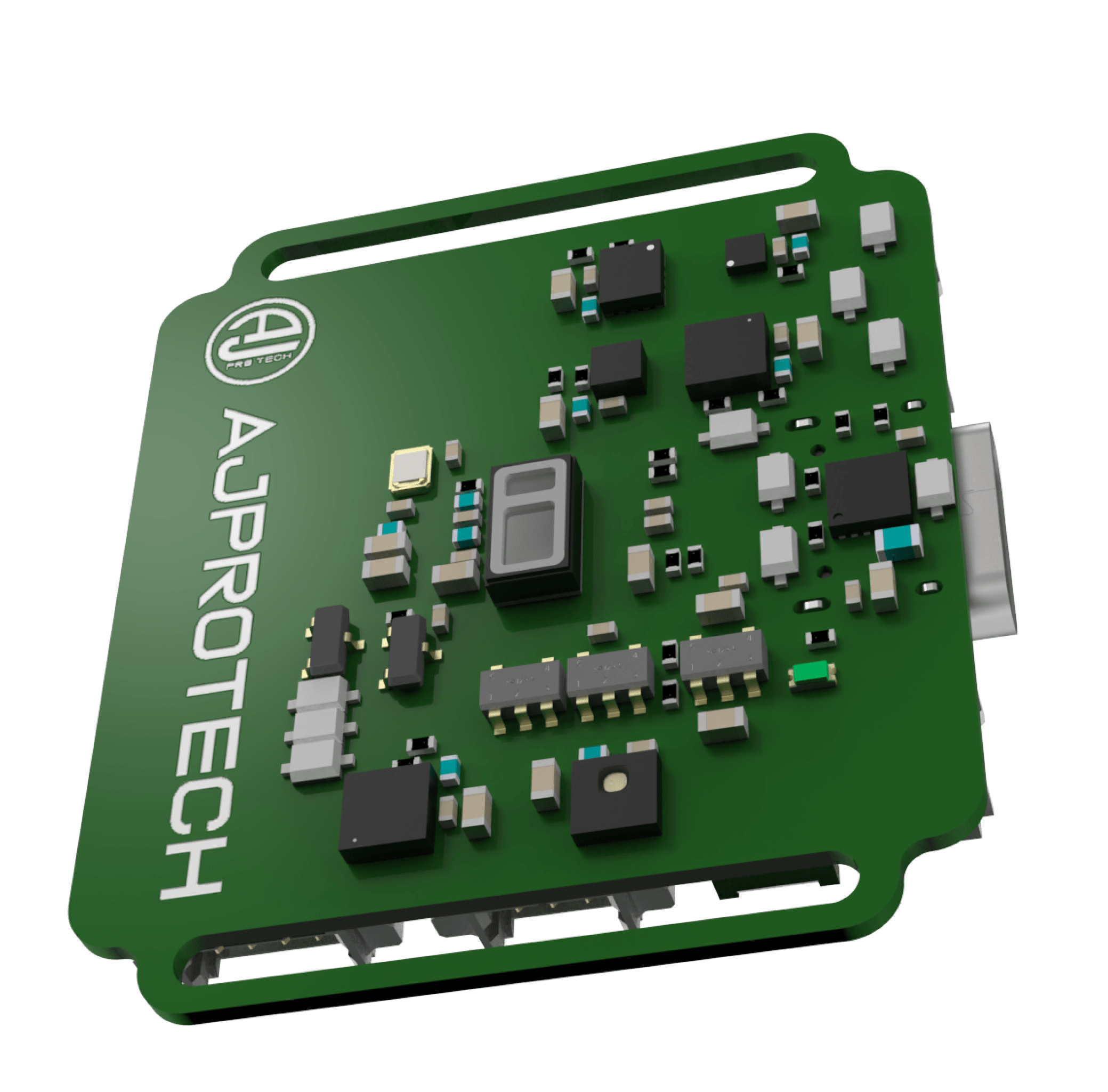Free Remote IoT Platform: Unlock The Future Of Connectivity
Imagine a world where everything around you is connected, from your fridge to your car, and all of this without breaking the bank. Remote IoT platforms have become the backbone of modern technology, providing seamless integration and control over devices. In this article, we'll dive deep into the realm of remote IoT platforms that you can access for free. Whether you're a tech enthusiast or a professional looking to expand your knowledge, this guide has got you covered.
So, what exactly is a remote IoT platform? Simply put, it's a cloud-based solution that allows you to monitor, manage, and interact with IoT devices remotely. These platforms are designed to simplify the complexities of IoT development and deployment, making it easier for businesses and individuals to leverage the power of connected devices.
And here's the best part: there are plenty of options out there that don't require you to spend a dime. In this article, we’ll explore some of the best free remote IoT platforms available, their features, and how they can benefit you. Let's get started!
Read also:Remoteiot Web Ssh Example Your Ultimate Guide To Secure Remote Access
Why Remote IoT Platforms Matter
IoT, or the Internet of Things, is revolutionizing the way we interact with technology. From smart homes to industrial automation, the possibilities are endless. However, managing all these devices can be a daunting task without the right tools.
Enter remote IoT platforms. These platforms provide a centralized hub where you can control and manage all your IoT devices from anywhere in the world. They offer features like data analytics, device management, and real-time monitoring, making it easier to harness the full potential of IoT.
And the best part? Many of these platforms are available for free, allowing you to experiment and learn without committing to a paid subscription. This is especially beneficial for beginners and small businesses looking to dip their toes into the IoT waters.
Top Free Remote IoT Platforms
Now that we understand the importance of remote IoT platforms, let's take a look at some of the best options available for free:
1. ThingsBoard
ThingsBoard is one of the most popular open-source remote IoT platforms out there. It offers a wide range of features, including data visualization, device management, and rule engine capabilities. With its user-friendly interface and robust community support, ThingsBoard is a great choice for both beginners and experienced users.
Key Features:
Read also:Comprehensive Review Of Remote Iot Vpc The Ultimate Guide For 2023
- Open-source and free to use
- Advanced data visualization
- Customizable dashboards
- Support for multiple protocols
2. Losant
Losant is another powerful remote IoT platform that offers a free tier for developers. It provides an easy-to-use interface and a wide range of features, including workflow automation and device management. Losant is particularly well-suited for enterprise-level applications, but its free tier is perfect for hobbyists and small projects.
Key Features:
- Free tier for developers
- Workflow automation
- Real-time data streaming
- Support for custom applications
Benefits of Using Free Remote IoT Platforms
Using a free remote IoT platform comes with a host of benefits. Here are just a few:
1. Cost-Effective
One of the most obvious advantages of free remote IoT platforms is that they don’t cost a thing. This makes them ideal for individuals and small businesses that want to explore IoT without a significant financial investment.
2. Learning Opportunities
Free platforms provide a great opportunity to learn and experiment with IoT technology. You can test out different features and functionalities without the pressure of a paid subscription.
3. Community Support
Many free remote IoT platforms have active communities of users who are more than happy to help you out. This can be invaluable when you’re just starting out or when you encounter issues.
How to Choose the Right Remote IoT Platform
With so many options available, choosing the right remote IoT platform can be overwhelming. Here are some factors to consider when making your decision:
1. Features
Make sure the platform offers the features you need. Whether it's data analytics, device management, or real-time monitoring, ensure that the platform can meet your requirements.
2. Ease of Use
A user-friendly interface can make all the difference. Look for platforms that are intuitive and easy to navigate, especially if you’re new to IoT.
3. Community and Support
A strong community and good customer support can be a lifesaver when you run into issues. Check out forums and online communities to see what other users are saying about the platform.
Real-World Applications of Remote IoT Platforms
Remote IoT platforms are being used in a variety of industries to solve real-world problems. Here are a few examples:
1. Smart Homes
From controlling your thermostat to monitoring your security cameras, remote IoT platforms make it easy to manage your smart home devices from anywhere.
2. Agriculture
Farmers are using IoT platforms to monitor soil moisture, weather conditions, and crop health. This allows them to make data-driven decisions and improve yields.
3. Healthcare
In the healthcare industry, IoT platforms are being used to monitor patients remotely, track medical equipment, and improve patient care.
Challenges and Considerations
While remote IoT platforms offer many benefits, there are also some challenges to consider:
1. Security
With so many devices connected to the internet, security is a major concern. Make sure the platform you choose has robust security features to protect your data.
2. Scalability
If you plan to expand your IoT project in the future, ensure that the platform can scale with your needs. Some free platforms may have limitations that could hinder growth.
3. Integration
Consider how well the platform integrates with other systems and devices you may be using. Compatibility is key to ensuring a seamless experience.
Data and Statistics
According to a report by Statista, the global IoT market is expected to reach $1.1 trillion by 2026. This growth is driven by increasing adoption of IoT devices across various industries. Another study found that 83% of businesses believe IoT will play a critical role in their future success.
These numbers highlight the importance of IoT and the need for reliable remote IoT platforms to manage these devices effectively.
Getting Started with Remote IoT Platforms
Ready to dive into the world of remote IoT platforms? Here are some steps to get you started:
First, identify your needs and goals. What do you want to achieve with IoT? Once you have a clear understanding of your requirements, research different platforms to find the one that best suits your needs.
Next, sign up for a free account and start exploring the platform. Experiment with different features and functionalities to get a feel for how it works. Don't be afraid to reach out to the community for help if you need it.
Conclusion
In conclusion, remote IoT platforms are a game-changer in the world of technology. They provide a centralized hub for managing and controlling IoT devices, making it easier than ever to harness the power of connected devices. And with so many free options available, there's never been a better time to get started.
We’ve explored some of the best free remote IoT platforms, their features, and how they can benefit you. Whether you're a beginner or an experienced professional, there's a platform out there that can meet your needs.
So, what are you waiting for? Take action today and start exploring the world of remote IoT platforms. Share your thoughts and experiences in the comments below, and don't forget to check out our other articles for more insights and tips. Happy IoT-ing!
Table of Contents
- Why Remote IoT Platforms Matter
- Top Free Remote IoT Platforms
- Benefits of Using Free Remote IoT Platforms
- How to Choose the Right Remote IoT Platform
- Real-World Applications of Remote IoT Platforms
- Challenges and Considerations
- Data and Statistics
- Getting Started with Remote IoT Platforms
- Conclusion


